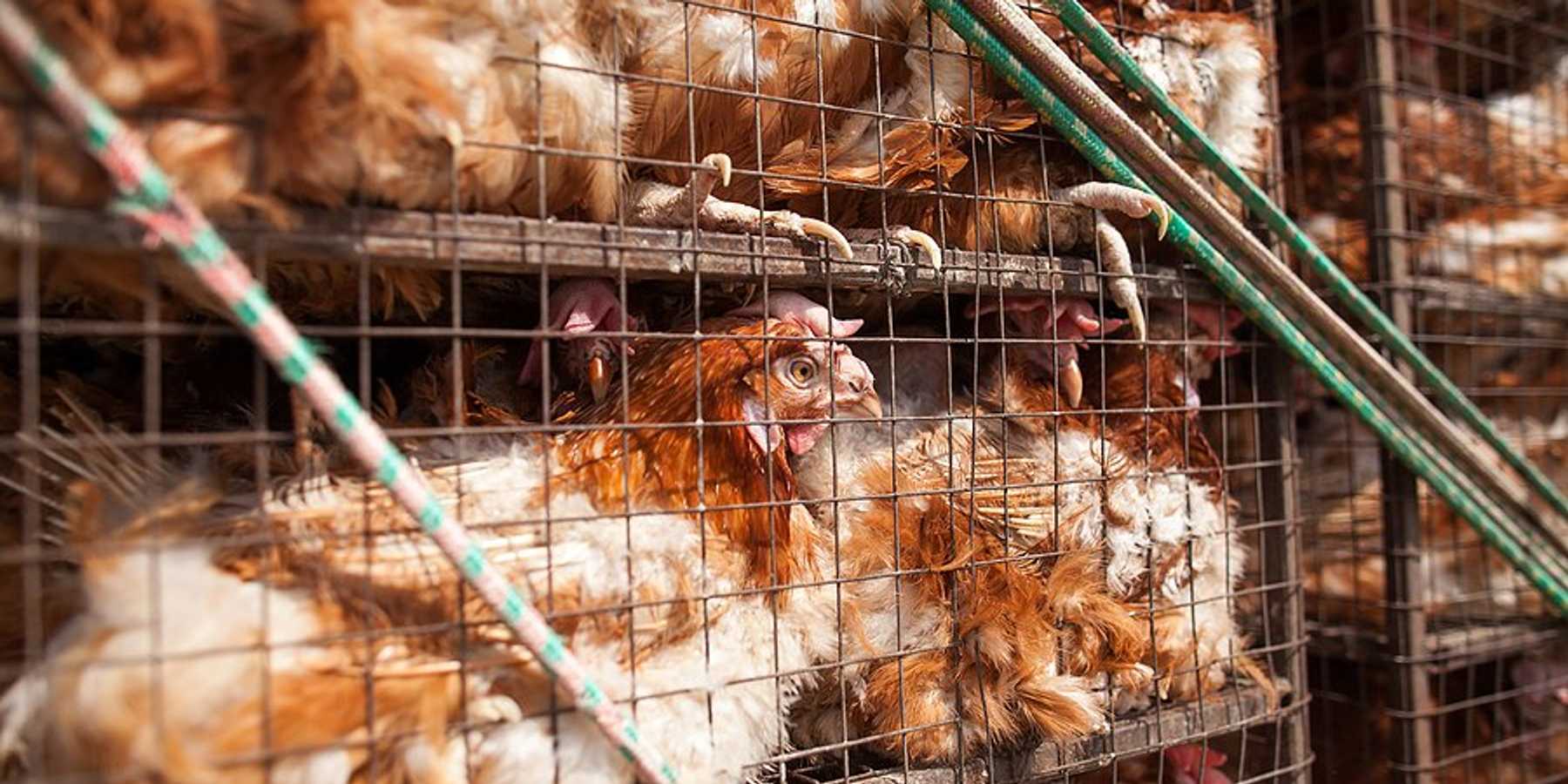
EPA plan could strip authority to regulate greenhouse gas emissions from factory farms
The U.S. Environmental Protection Agency's plan to reverse its 2009 determination that greenhouse gas emissions harm human health could block regulation of major polluters, including the meat industry.
Seth Millstein reports for Sentient Media.
In short:
- The EPA’s 2009 “Endangerment Finding” provided the legal foundation for regulating greenhouse gases under the Clean Air Act, primarily targeting transportation and energy emissions.
- Rescinding the finding would also prevent the agency from regulating emissions from agriculture, which accounts for 10% of U.S. greenhouse gas output and is currently exempt from EPA limits.
- Legal experts note the change could violate federal law, and environmental groups are expected to challenge it in court.
Key quote:
“This is another move by the Trump/Zeldin EPA to benefit their sponsors in the fossil fuel industry and jeopardize the health of all Americans.”
— Bill Magavern, policy director at the Coalition for Clean Air
Why this matters:
Greenhouse gas emissions trap heat in the atmosphere, driving climate change and worsening air quality, which contributes to respiratory disease, heart problems, and heat-related deaths. Agriculture, especially large-scale livestock operations, releases methane and nitrous oxide — potent greenhouse gases that warm the planet far faster than carbon dioxide. Without regulatory oversight, these emissions can increase unchecked, amplifying climate impacts while disproportionately harming rural communities near industrial farms.
Related: Environmental groups scramble as Trump dismantles climate rules in second term













